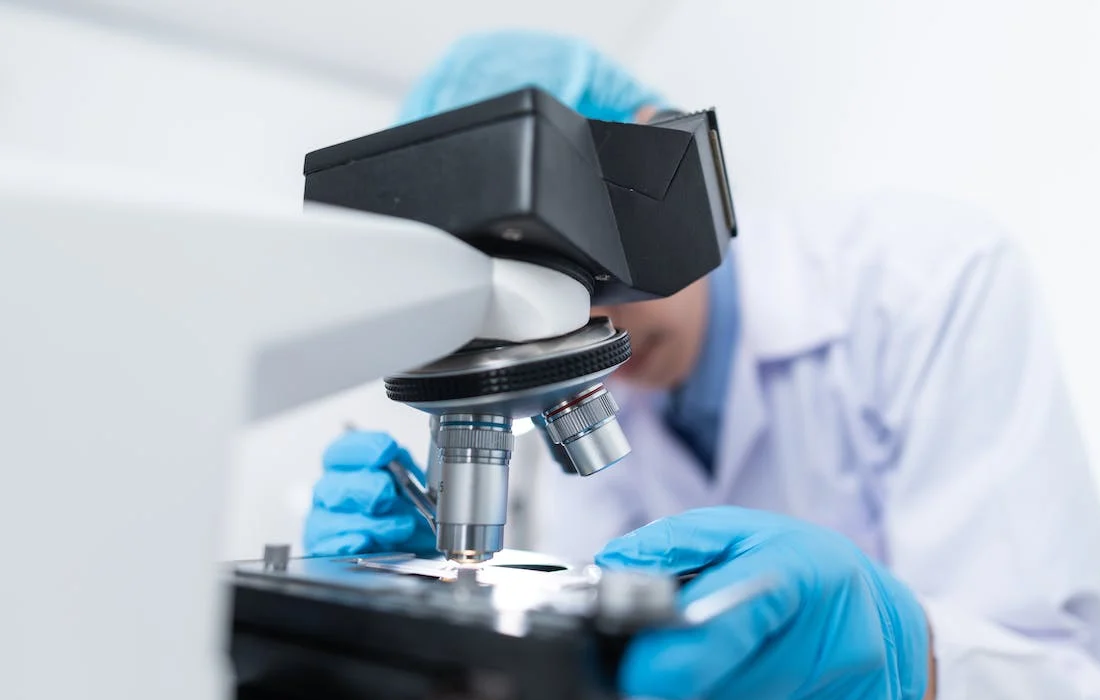New research led by University of Colorado School of Medicine faculty members Fan Zhang, Ph.D., and Anna Helena Jonsson, M.D., Ph.D., may lead to new targeted treatments for rheumatoid arthritis (RA), an autoimmune disease that causes joint inflammation and destruction. The AMP: RA/SLE Network collected inflamed tissue from 70 patients with RA from across the […]
Monthly Archives: November 2023
Using a technique that has shown promise in targeting cancer tumors, a Duke Health team has found a way to deploy a molecular warhead that can annihilate the bacterium that causes Lyme disease. Tested in cell cultures using the Borrelia burgdoferi bacterium, the approach holds the potential to target not only bacteria, but also fungi […]
Major depressive disorder (MDD) is a widespread mental health condition that for many is disabling. In a new study researchers identified a gene that interacted with stress to mediate aspects of treatment-resistant MDD in an animal model. Jing Zhang, PhD said, “Emerging evidence suggests that MDD is a consequence of the co-work of genetic risks […]
Atherosclerosis is considered a frequent cause of cardiovascular diseases and strokes. An international team has now identified a specific microRNA molecule as a promising starting point for the investigation of new therapies. Some time ago, the researchers had already demonstrated that the transmembrane protein CXCR4 plays a significant role in the development of atherosclerosis. The […]
The connection between exercise and inflammation has captivated the imagination of researchers ever since an early 20th-century study showed a spike of white cells in the blood of Boston marathon runners following the race. Now, a new Harvard Medical School study published Nov. 3 in Science Immunology may offer a molecular explanation behind this century-old […]
As described in a new paper published in Science, Kıvanç Birsoy and his colleagues in Rockefeller’s Laboratory of Metabolic Regulation and Genetics have discovered the first such sensor for an organelle — specifically mitochondria, the cell’s power center. The sensor is part of a protein that does triple duty: it senses, regulates, and delivers the […]
Many fungus strains have been used and selected by the food industry for their capacities to ferment, produce flavors or produce heterologous molecules. According to a new study, 2 fungi used to produce food products have potential probiotic effects on gut inflammation. To date, very little is known about the diversity of foodborne yeasts and […]
Researchers and entrepreneurs have developed an implant made of collagen protein from pig’s skin, which resembles the human cornea. In a pilot study, the implant restored vision to 20 people with diseased corneas, most of whom were blind prior to receiving the implant. “The results show that it is possible to develop a biomaterial that […]
The path a cell takes from healthy to metastatic cancer is mostly driven by epigenetic changes, according to a new computational study. Dr. Eduard Porta, group leader of the Cancer Immunogenomics group at the Josep Carreras Leukaemia Research Institute, participated in the new analysis that has been recently published in the journal Nature. Every cell […]
LMU researchers have identified a signaling pathway by which aspirin can inhibit colorectal cancer. Colorectal cancer (bowel cancer) is the third most common form of cancer worldwide, with around 1.9 million newly diagnosed cases and 900,000 deaths every year. Therefore, preventive substances represent an urgent clinical need. Aspirin/acetylsalicylic acid has proven to be one of […]










